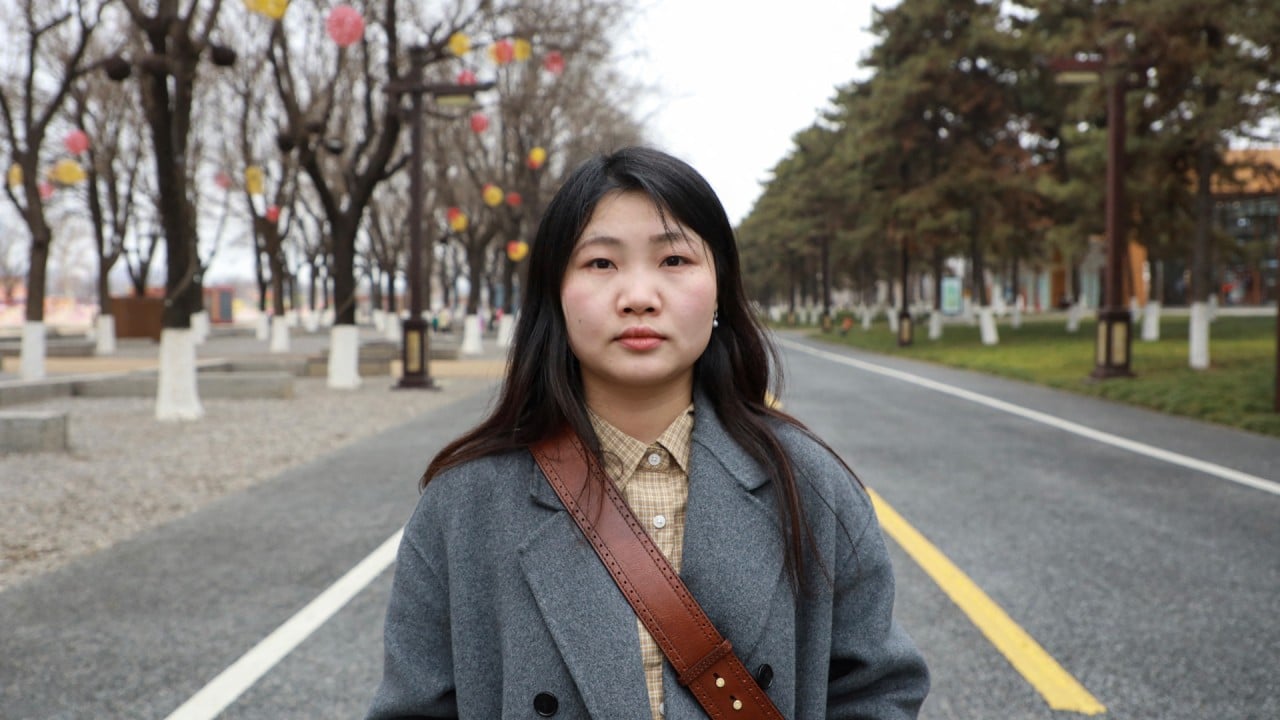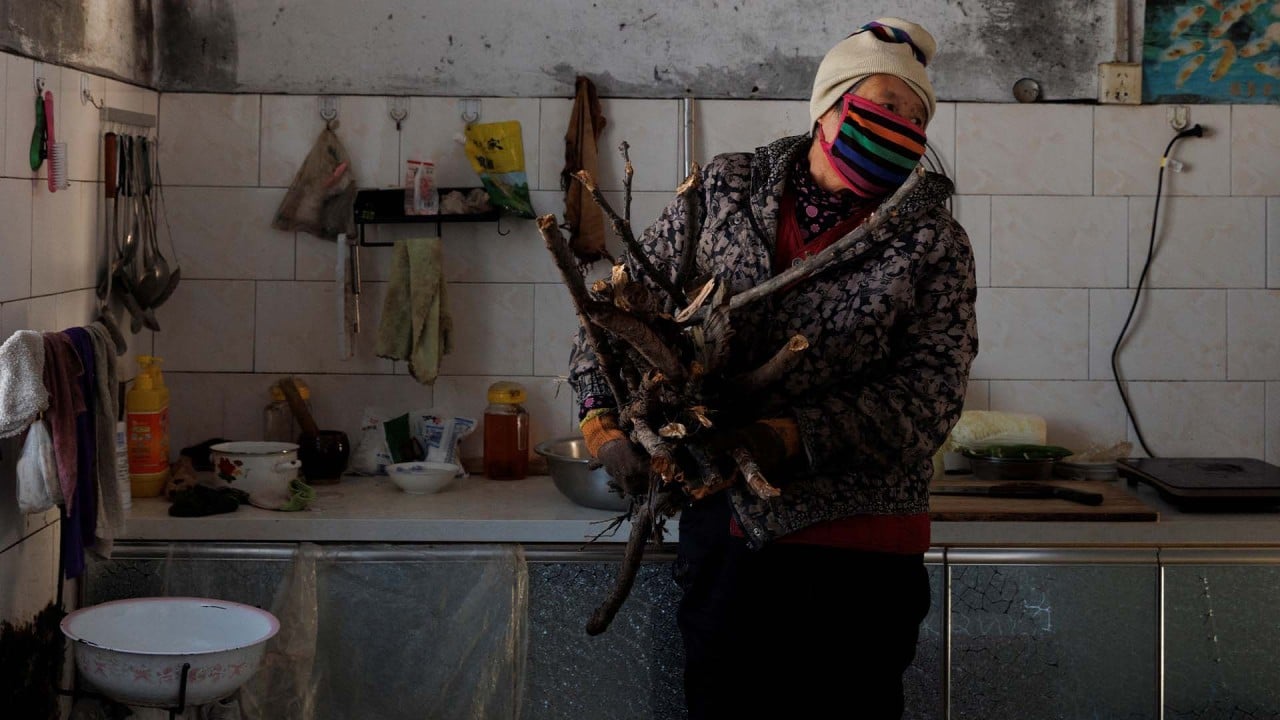Why finding love in the ‘iron rice bowl’ could kill growth in northern China

She then tried an office job in the military and failed again.
“I felt that my desire for freedom was too great to get there,” said Li, who now works as a website editor in Beijing.
But her parents have not given up hope. They have started arranging dates for her with men in the civil service – popularly known as the “iron rice bowl” because of their job security. Potential suitors included an official in Inner Mongolia and an employee at the Central Party School in Beijing, which trains cadres.
In northeast China, it is an unwritten social norm that young people in government service only marry each other, wrote Zhao Dan, a doctoral student in sociology at Nanjing University, in a new government-funded research paper.
This is not only an individual preference in choosing dates, but also occurs frequently at dating events organized by companies or other social groups, Zhao said in the article, which appeared in the June issue of China Youth Study, an official monthly magazine that covers the issues facing young Chinese.
“Getting a job in the government system is like getting a passport for love and marriage,” Zhao wrote.
The study was based on interviews with 18 people of different age groups in an industrial city in northeast China, most of whom worked in the government or state-owned enterprises.
One interviewee who previously worked in social services at a government agency told Zhao that she was unable to register for a dating event organized by her superiors.
She was told she did not have “official employee status” and organizers who tried to dissuade her from attending said she would be “embarrassed to introduce herself at the event,” according to the newspaper.
The influence of a “government job” on relationships is even greater than that of a good salary, a good education, individual skills, looks or even love, Zhao wrote. Even if someone has a well-paid job in the private sector, a house and a car, they usually do not have a stable relationship with someone in the public sector.
The study built on a decades-old tradition in China, bianzhi – permanent employment with a pension and other benefits at state or quasi-state institutions. And this is not only widespread in the Northeast.
The preference for stability stems from the experience of mass layoffs in the 1990s, when the industrial heartland was one of the centers of bankrupt and restructured state-owned enterprises, resulting in many being laid off with minimal severance pay.
A woman who grew up in Harbin, the provincial capital of Heilongjiang, told The Post in an interview that of all her classmates, fewer than 10 worked in small businesses. The rest worked in government or state-owned enterprises, including as civil servants, teachers, doctors, police officers or judges.
“They often marry others of the same social status. One police officer married a nurse and another nurse married a physical education teacher,” she said.
According to the study, this social rating system has led to young people in the Northeast seeking only government jobs, while others have left the region to seek better opportunities in other cities.
“It has hindered the opening up of society in the Northeast,” the newspaper said. “It could also lead to a waste of talent, increase unemployment rates and cause people to choose to remain alone.”
Li said that most of her classmates had left their hometown like her, and those who returned after college often ran family businesses.
One of her classmates graduated from Xiamen University in southeast China with a degree in English, but then returned to run a cemetery business. Her family now owns the largest cemetery plot in their city.
In recent years, the importance of the Northeast as China’s industrial and agricultural base has been repeatedly emphasized and authorities have pushed for a comprehensive revitalization of the region.
At a meeting in Heilongjiang in September, President Xi Jinping again called on the region to “write a new chapter” of revitalization, praising its “rich resources, solid industrial base, favorable geological location and significant development potential.”
However, Zhao warned that while these measures have prompted some young people to return to their hometowns, the region’s industrial structure needs to be improved and society needs to adopt a more diverse evaluation system to be more tolerant and open.
“Only then can young people in the Northeast have better career and dating opportunities,” Zhao wrote. “This is a key measure to counteract the declining birth rate, aging society and loss of talent in the region.”





